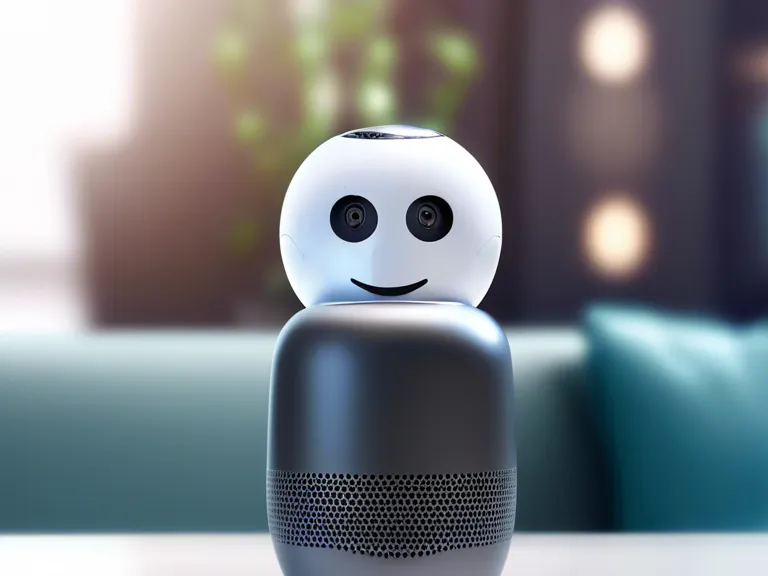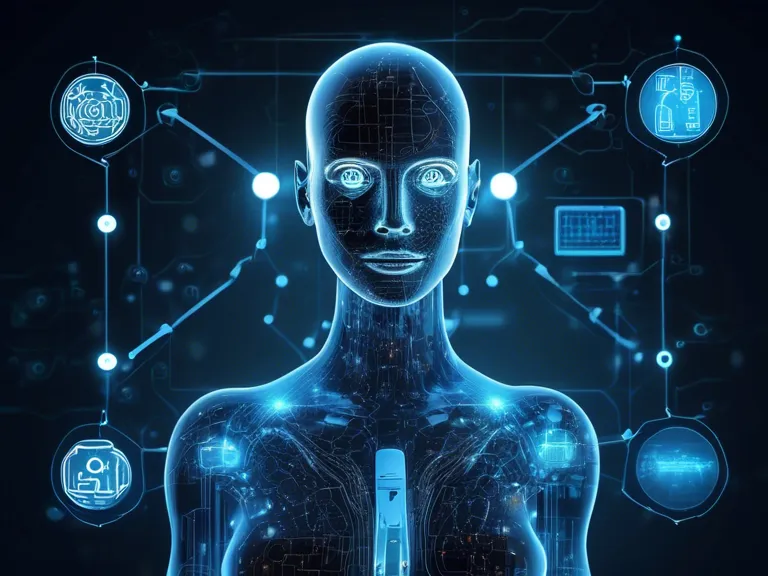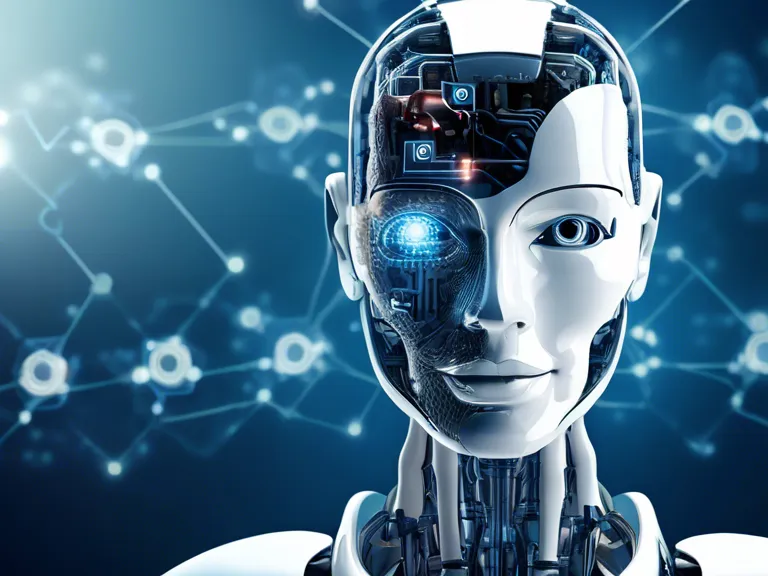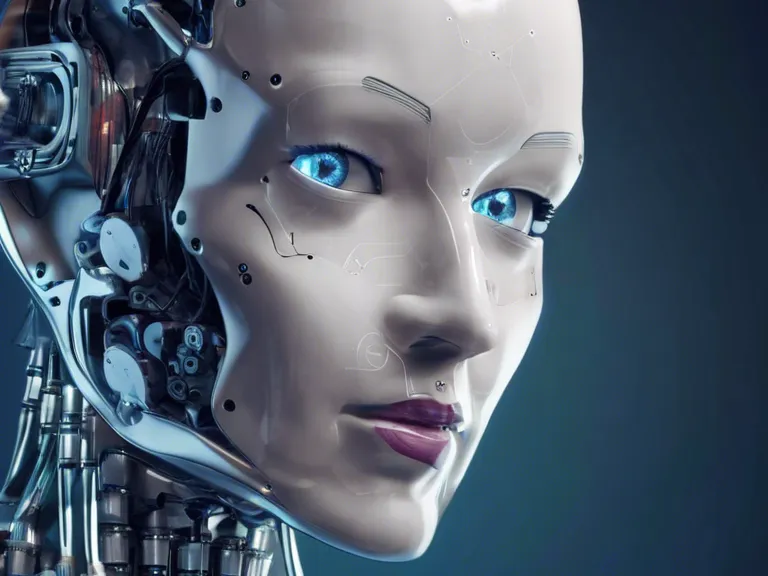
The evolution of AI assistants has been a fascinating journey, from the early days of Siri to the cutting-edge technology of Sophia. As these virtual helpers continue to advance, we explore how they have revolutionized the way we interact with technology and the world around us.
From the humble beginnings of Siri, introduced by Apple in 2011, AI assistants have come a long way in a relatively short period of time. Siri was one of the first mainstream AI assistants, allowing users to perform tasks on their smartphones through voice commands. While Siri was revolutionary for its time, its capabilities were limited compared to the AI assistants of today.
Fast forward to the present day, and we have AI assistants like Amazon's Alexa, Google Assistant, and Microsoft's Cortana, each offering a wide range of features and capabilities. These AI assistants can answer questions, play music, control smart home devices, and even make reservations at restaurants. They have become an integral part of our everyday lives, making tasks easier and more convenient.
One of the most impressive advancements in AI assistant technology is Sophia, a humanoid robot developed by Hanson Robotics. Sophia is capable of holding conversations, recognizing faces, and even expressing emotions. With her human-like appearance and advanced AI, Sophia is pushing the boundaries of what AI assistants can do.
As AI assistants continue to evolve, the possibilities are endless. They have the potential to revolutionize industries such as healthcare, education, and transportation. With each new advancement in AI technology, we are one step closer to a future where AI assistants will be seamlessly integrated into every aspect of our lives.



